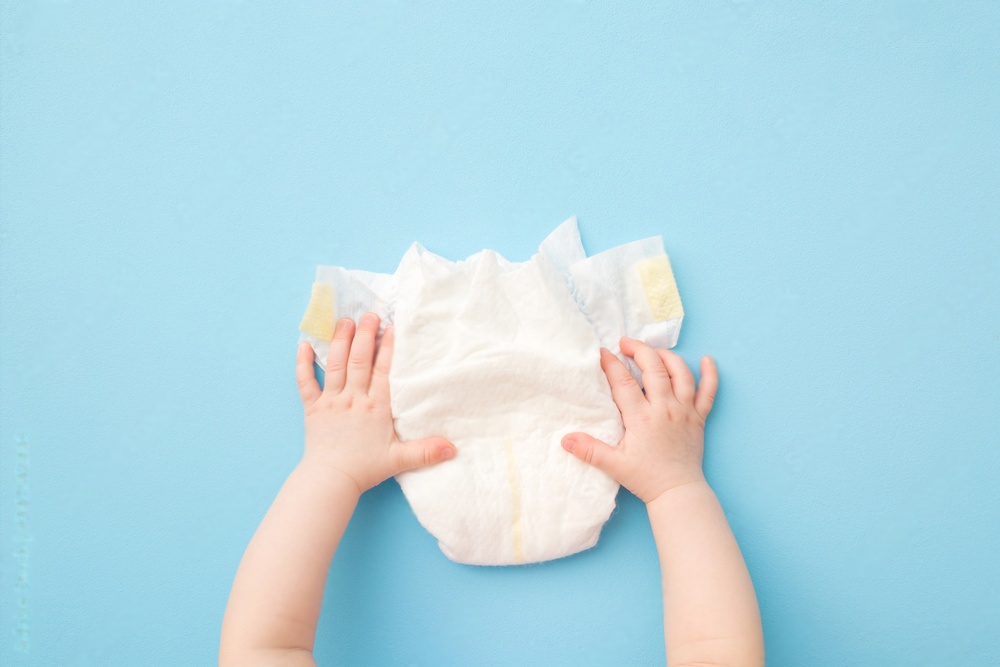In the realm of infant care, diapers play a pivotal role in maintaining cleanliness and comfort for babies. Over the years, the introduction of disposable diapers has revolutionized diapering practices, offering convenience and absorbency compared to traditional cloth diapers.
Chemical Composition of Disposable Diapers
Disposable diapers are typically composed of several layers of materials, including polyethylene, polypropylene, and super absorbent polymers (SAPs). These materials are designed to enhance absorbency and prevent leakage, providing a dry environment for the baby’s skin.
Skin Health and Diaper Usage
Despite their benefits, prolonged use of disposable diapers can contribute to skin issues such as diaper rash. The prolonged exposure to moisture and potential irritants from chemicals within the diaper can lead to skin inflammation and discomfort.
Allergic Reactions and Sensitivities
Certain babies may exhibit allergic reactions to components found in disposable diapers, such as fragrances or dyes. Symptoms may include redness, swelling, or itchiness around the diaper area, signaling a need to switch to hypoallergenic alternatives.
Environmental Impact
The widespread use of disposable diapers has raised concerns about environmental sustainability due to their non-biodegradable nature. Improper disposal of diapers contributes significantly to landfill waste and pollution, prompting a shift towards biodegradable options.
Safety Concerns with Diaper Use
Studies have explored potential links between disposable diaper use and respiratory issues in infants. The emission of volatile organic compounds (VOCs) from diapers, particularly when exposed to heat, raises concerns about indoor air quality and long-term health effects.
Tips for Safe Diapering
To mitigate health risks associated with disposable diapers, parents are advised to opt for brands that prioritize natural and organic materials. Additionally, frequent diaper changes and gentle cleansing can help prevent skin irritation and maintain optimal hygiene.
Parental Guidance and Awareness
It’s crucial for parents to stay informed about the potential health implications of diaper usage. Regular consultations with pediatricians can provide valuable insights into choosing the right diapers and managing skin concerns effectively.
Research and Studies on Diaper Health
Ongoing research continues to explore the safety and efficacy of disposable diapers. Consumer advocacy groups often publish reports detailing findings on chemical exposure and environmental impact, guiding parents in making informed choices.
Comparative Analysis: Disposable vs. Cloth Diapers
The debate between disposable and cloth diapers extends beyond health considerations to environmental impact and cost-effectiveness. While disposable diapers offer convenience, cloth diapers are recognized for their eco-friendliness and reduced chemical exposure.
Innovations in Diaper Technology
Recent advancements in diaper technology focus on developing biodegradable and compostable alternatives, addressing both health and environmental concerns. Innovations like plant-based materials and improved moisture-wicking properties redefine diaper standards.
Global Perspectives on Diaper Usage
Diapering practices vary across cultures and regions, influenced by accessibility to hygiene products and cultural norms. Addressing global diapering challenges requires collaborative efforts to ensure universal access to safe and sustainable diapering solutions.
Regulatory Standards and Certifications
Government agencies enforce strict regulations on diaper manufacturing to safeguard infant health and consumer safety. Certifications like OEKO-TEX® and EcoLogo® provide assurance of non-toxic materials and adherence to environmental standards.
The Future of Infant Diapering
As consumer demand for safer and eco-friendly diapers grows, the industry continues to innovate. The future of infant diapering will likely witness increased adoption of sustainable practices and a shift towards transparent labeling to empower informed choices.
Conclusion
Disposable diapers offer unparalleled convenience for parents, but they come with potential health and environmental considerations. By prioritizing safe materials and responsible disposal practices, parents can minimize risks and contribute to a healthier future for infants.



